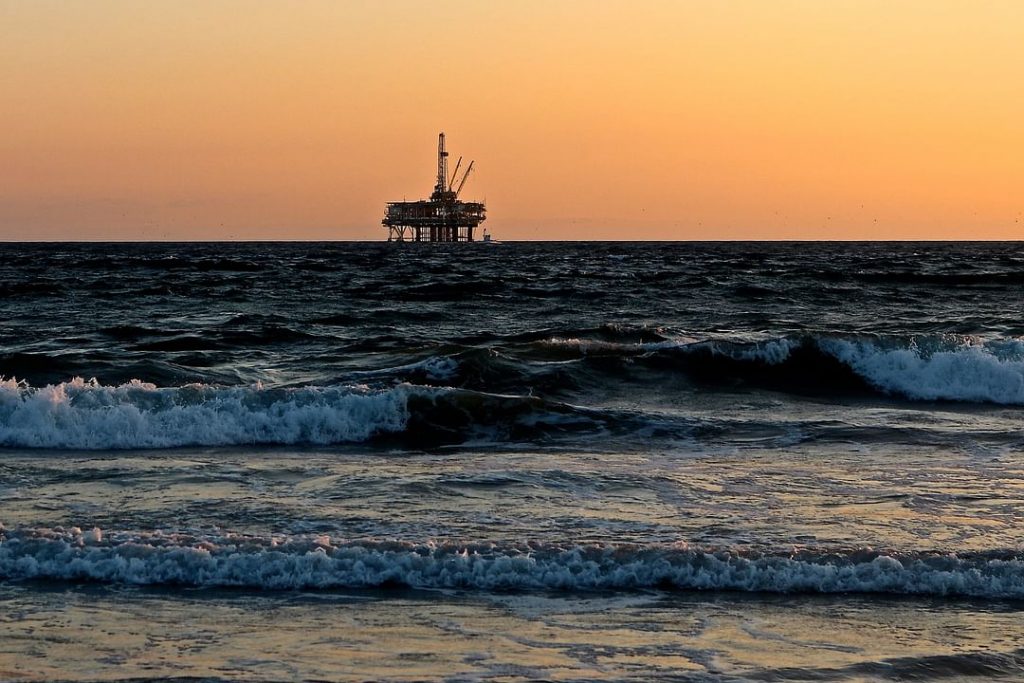How Does Oil Get into the Ocean?
A report from the National Academy of Sciences estimates 3% of the oil entering the ocean each year comes from oil and gas exploration and extraction activities.
When many of us think of oil spills, we might think of an oil tanker running aground and spilling its contents into the ocean.
In fact, there are actually several ways crude or refined oil may reach the marine environment.
All of those spills add up too.
The National Research Council of the National Academy of Sciences reported that roughly 343,200,000 gallons of oil were released into the sea annually, worldwide.
Wherever oil is consumed, there are opportunities for oil spills
Of this amount, the report estimates the origin of that oil as follows:
37% Transportation
12% Extraction
3% Natural seeps
46% Use or consumption of oil
Wherever oil is consumed, such as in manufacturing or when loading a ship with fuel, there are opportunities for oil spills. According to the Washington State Department of Ecology, most spills that occur during ship fueling happen because of inattention, inadequate procedure, procedural error, or poor judgment—in other words, human error.
The typically small-in-size spills that come from consuming oil originate from a variety of activities and actually account for most of the oil spilled by humans into the sea.
According to the International Tanker Owners Pollution Federation, occurrences of large spills from tankers and barges, have decreased dramatically since 1970. This can be attributed at least in part to advances in safety thanks to the Oil Pollution Act of 1990.
Most spills that occur during inadequate procedure, procedural error, or poor judgment—in other words, human error
While oil extraction is not considered a large source of the overall amount of oil released into the sea each year, spills from offshore oil exploration and drilling can be huge when they do happen.
While not technically “oil spills,” oil seeps from the ocean floor naturally release oil from subterranean reservoirs and represent the largest source of oil entering seas both in the United States and around the world.
Even though seeps are not without their own impacts on marine life, natural oil seeps release oil slowly over time, allowing ecosystems to adapt. Impact, then, is not only determined by how much oil is in the environment, but also the type of oil and how quickly it is released.
During an oil spill, the amount of oil released in a short time can overwhelm an ecosystem.



